Introduction
In industries where workers handle sharp tools and hazardous materials daily, hand protection is critical. Steel and metal mesh gloves offer the highest level of cut and puncture resistance, making them a staple in industries like food processing, metalworking, and glass handling. But how do they work, and why are they trusted by professionals? In this guide, I’ll break down their features, benefits, and best uses, ensuring you understand why they’re essential.
What Are Steel and Metal Mesh Gloves?
Steel and metal mesh gloves are highly durable protective gloves made from interwoven stainless steel rings. These gloves provide superior protection against cuts, punctures, and sharp objects. Unlike standard fabric or coated gloves, metal mesh gloves do not tear or degrade easily, making them a long-lasting investment for safety.
Key Fact: Many steel mesh gloves are ANSI Cut Level 9 certified, meaning they provide the highest cut resistance available.
How Do Steel and Metal Mesh Gloves Work?
These gloves act as a chainmail-like barrier, distributing the force of a blade or sharp object across their surface, reducing penetration. The interlocking steel rings prevent sharp objects from cutting through, offering maximum protection without compromising dexterity.
Comparison: Metal Mesh vs. Standard Cut-Resistant Gloves
| Feature | Metal Mesh Gloves | Standard Cut-Resistant Gloves |
|---|---|---|
| Cut Resistance | Highest (ANSI Level 9) | Varies (Level 1-7) |
| Durability | Stainless steel rings last for years | Fabric coatings wear down over time |
| Hygiene | Easy to clean and sanitize | Can trap dirt and bacteria |
| Flexibility | Slightly rigid but adjustable | More flexible but less durable |
Who Uses Steel and Metal Mesh Gloves?
Steel and metal mesh gloves are designed for high-risk industries where hands are exposed to extreme hazards. These include:
1. Food Processing & Butchery
- Protects hands from knife injuries during meat processing.
- Approved for food contact and easy to sanitize.
- Used by butchers, chefs, and fishmongers.
2. Metalworking & Glass Handling
- Prevents severe cuts and punctures from handling sharp metals and glass edges.
- Ideal for factory workers, construction professionals, and auto repair technicians.
3. Textile & Leather Cutting
- Used by workers who handle sharp scissors, blades, and cutting tools.
- Reduces hand fatigue while maintaining protection.
Pros and Cons of Steel and Metal Mesh Gloves
Pros
✔ Maximum Cut Resistance – ANSI Level 9 protection.
✔ Durability – Long-lasting stainless steel material.
✔ Hygienic – Easily cleaned, making them ideal for food and medical use.
Cons
✘ Heavy – Bulkier than fabric gloves, which may affect dexterity.
✘ Higher Cost – More expensive than standard cut-resistant gloves.
✘ Limited Grip – May not offer the same grip control as rubber-coated gloves.
How to Choose the Best Steel and Metal Mesh Gloves
When selecting steel or metal mesh gloves, consider these key factors:
1. Fit and Comfort
- Gloves should fit snugly to prevent slipping.
- Look for adjustable wrist straps for a secure fit.
2. Industry Compliance
- Ensure the gloves meet ANSI (American National Standards Institute) or EN388 (European cut resistance standard) certifications.
- Food industry workers should check for FDA-approved materials.
3. Closure Type
- Some gloves have elastic wrist closures, while others use metal buckles or snap closures for extra security.
4. Full-Hand vs. Single-Hand Protection
- Full-hand coverage is best for high-risk tasks like metal or glass cutting.
- Single-hand gloves are often used in butchery and food slicing.
Best Practices for Maintaining Metal Mesh Gloves
To extend the lifespan of your gloves and maintain safety standards:
- Clean after every use with hot water and sanitizing detergent.
- Store in a dry place to prevent rust or bacterial growth.
- Inspect regularly for broken rings or wear and tear.
Conclusion: Are Steel and Metal Mesh Gloves Worth It?
Yes! Steel and metal mesh gloves are the best choice for extreme cut and puncture protection. They are trusted by professionals in food, metal, and construction industries for their durability and safety features. While they may be more expensive than traditional gloves, their long lifespan and high-level protection make them a worthwhile investment.
If your job involves knives, sharp edges, or heavy-duty cutting tools, these gloves are a must-have for hand safety.

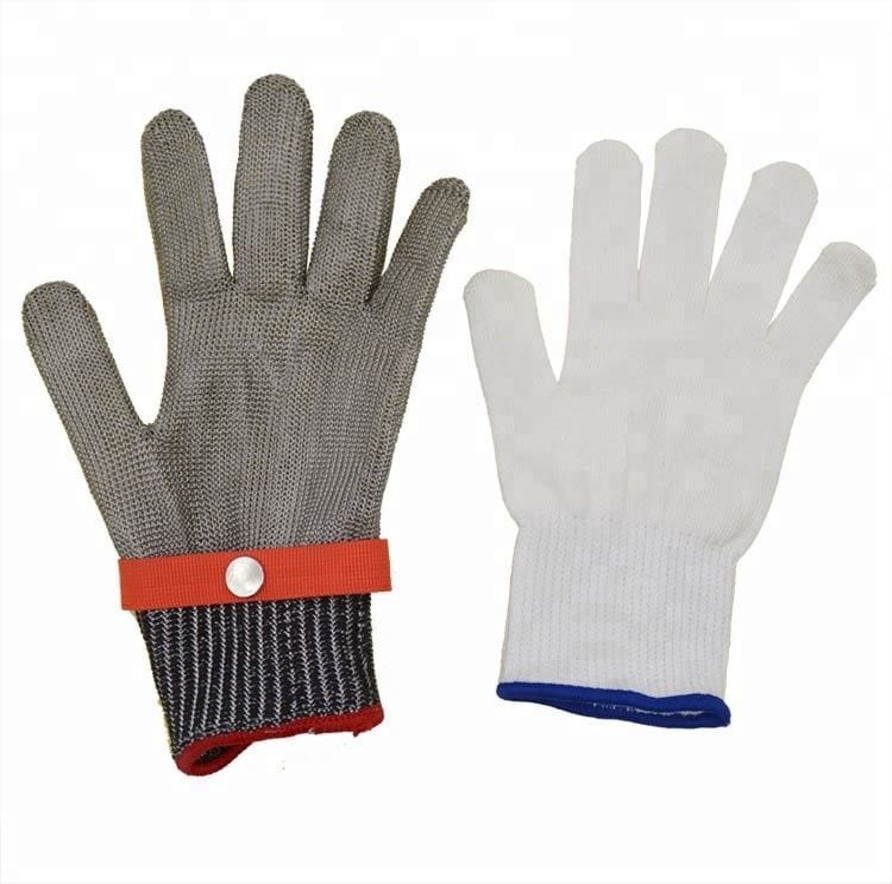

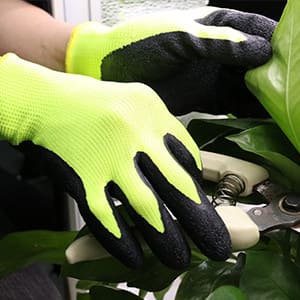

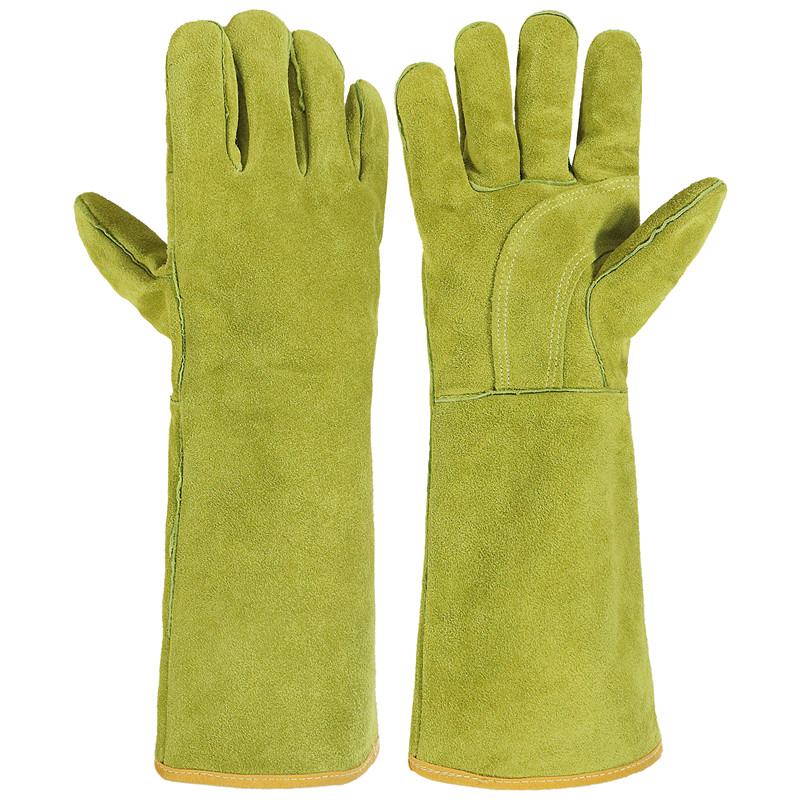
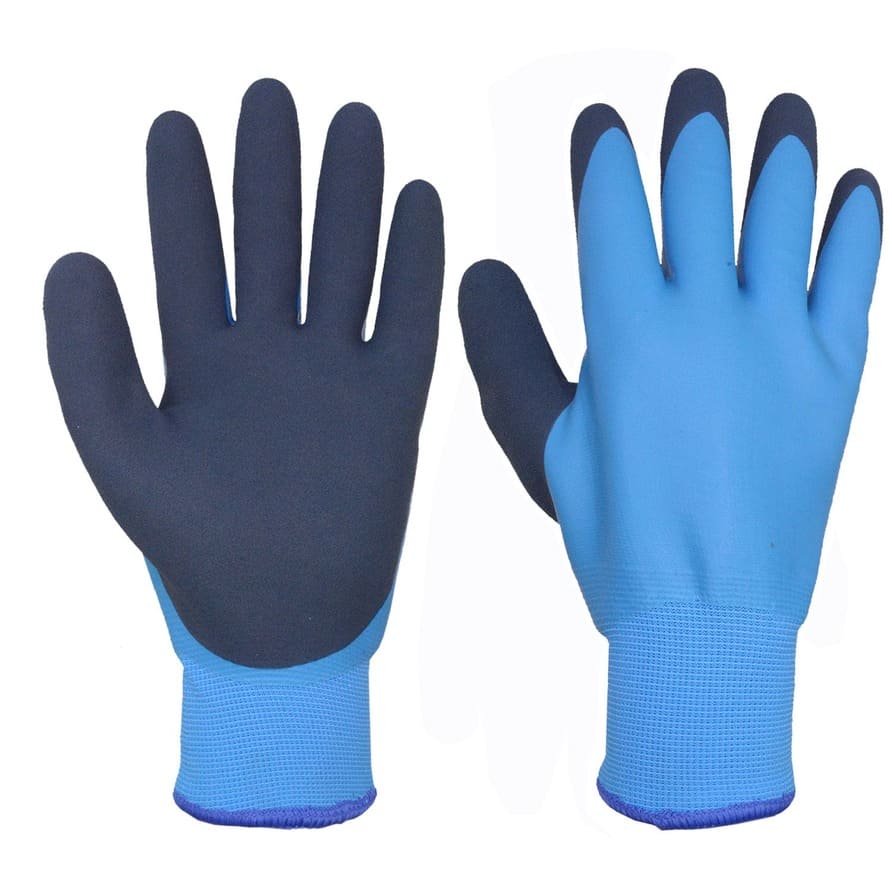
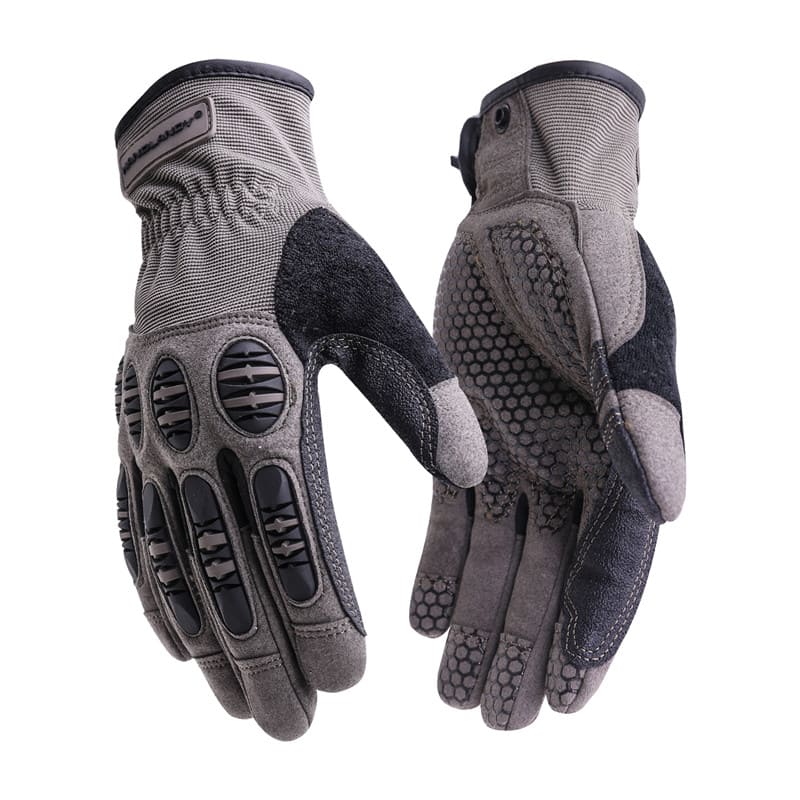
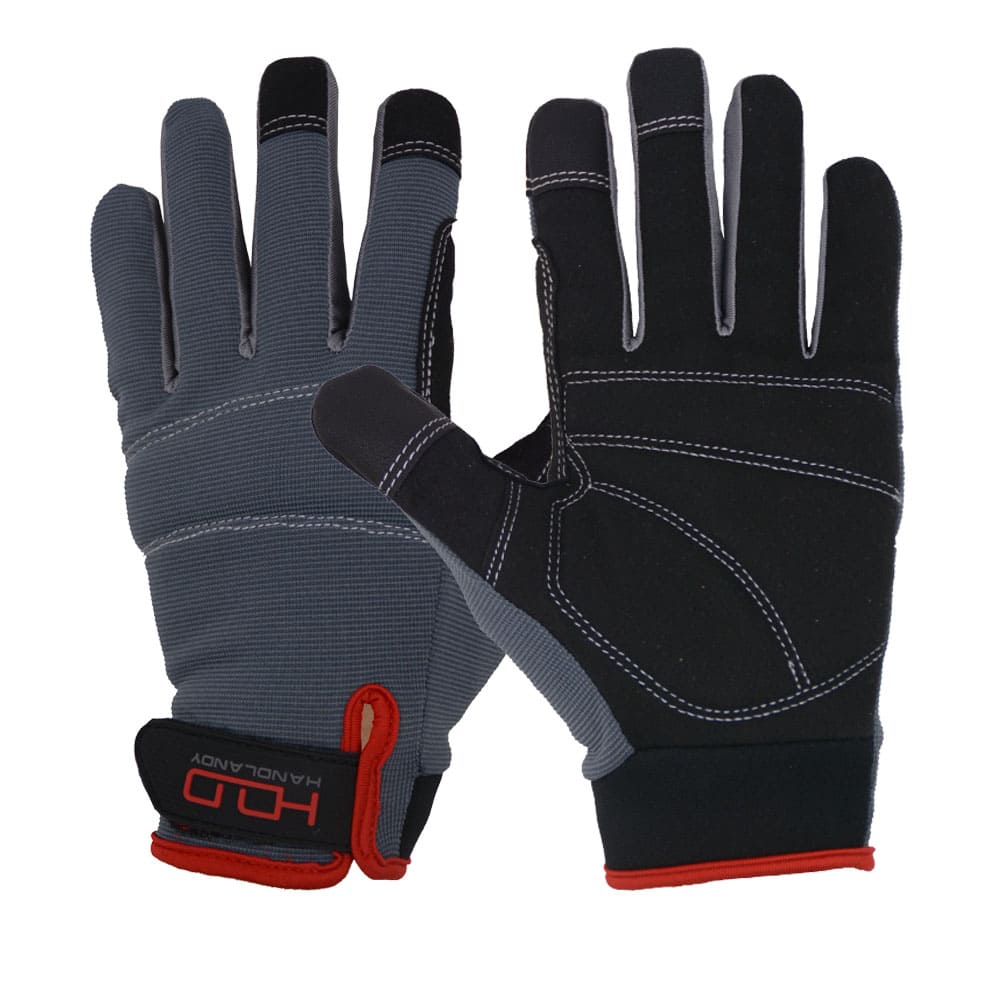

4 Responses
Simply wanna remark on few general things, The website design and style is perfect, the subject matter is really wonderful : D.
Thank you!
I am often to running a blog and i really admire your content. The article has really peaks my interest. I’m going to bookmark your website and preserve checking for brand new information.
Thanks a ton for the shout-out—knowing the site was helpful to you just made our day.
We’ll keep the good stuff coming!
All the best,